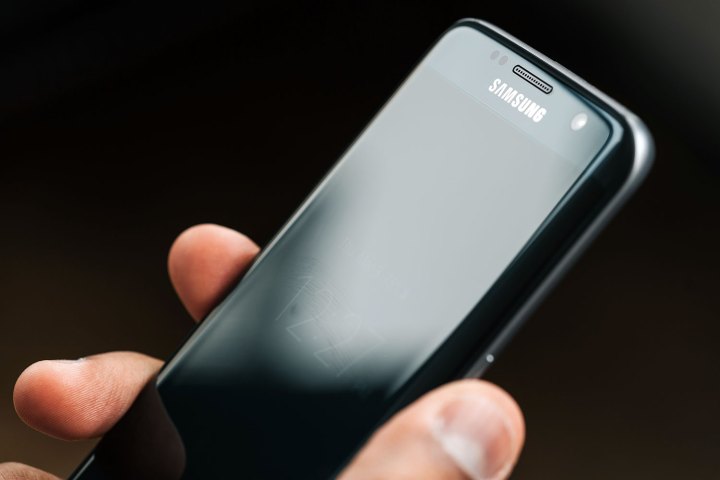
While it has always been possible to track the location of smartphones using these methods, it was necessary for the person using the tracked phone to agree first, but this rule changed in June last year according to a report by The Japan Times. Without the need to get permission, Docomo developed software that could discreetly track phones, while leaving the owner unaware.
The network will introduce five smartphones over the next months with the functionality installed. These include the Samsung Galaxy S7 Edge, the Sony X Performance, several Japan-only devices and a brand new Disney-branded smartphone. Following on, Docomo will eventually send out a software update to enable the same feature on smartphones already in use.
A court order will have to be obtained by authorities wanting location data from a smartphone before it’s handed over, but that doesn’t stop Docomo from monitoring where a smartphone is at any one time. Information like this is valuable to companies and advertisers. Docomo told the Japan Times that any location data it had collected and handed over to authorities in the past, had conformed with all the guidelines in place.
Privacy
There are concerns over the use of such a feature. “This is an extreme invasion of privacy,” a local lawyer told the publication, and although admitting positional data can be key to criminal and rescue investigations, added that further laws should be put in place to avoid abuse.
All the phones mentioned in the report run Google Android, and Docomo also sells Apple’s complete iPhone range, but there’s no information on whether these will be included in the software update process in the future.
Keeping data stored on smartphones secure, and our privacy in general, has been under the spotlight for some time. Most recently, Apple’s very public spat with the FBI over breaking the encryption on an iPhone highlighted the issue, but Docomo’s stance isn’t quite so pro-consumer. It remains to be seen if other Japanese networks follow the example, or if the public shuns Docomo’s service because of it.



